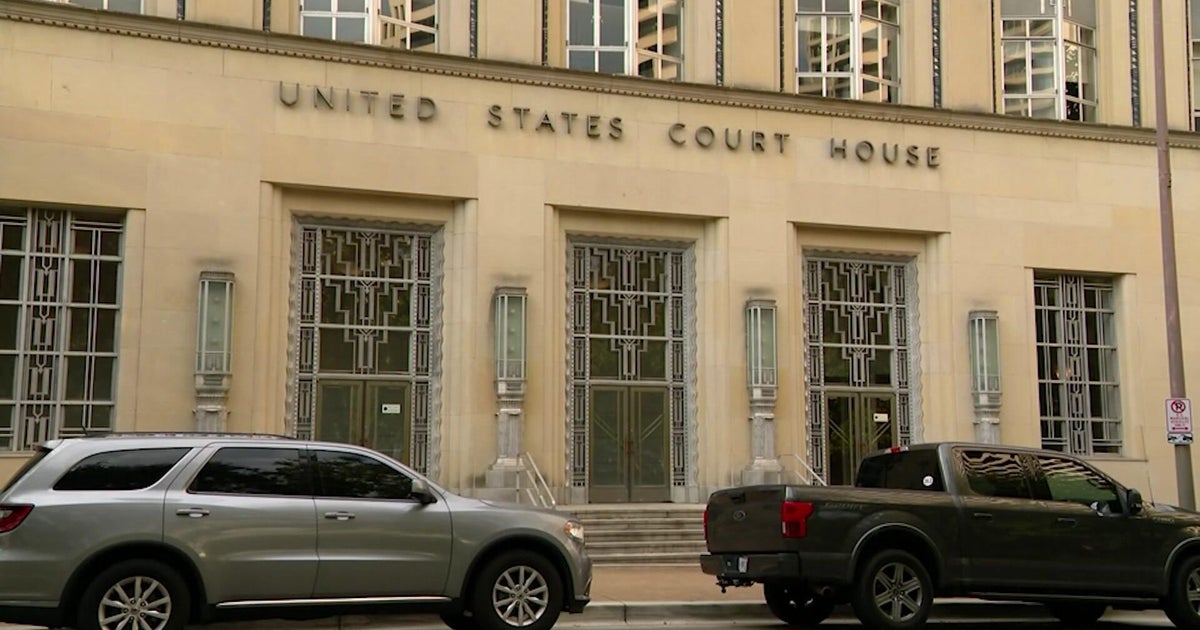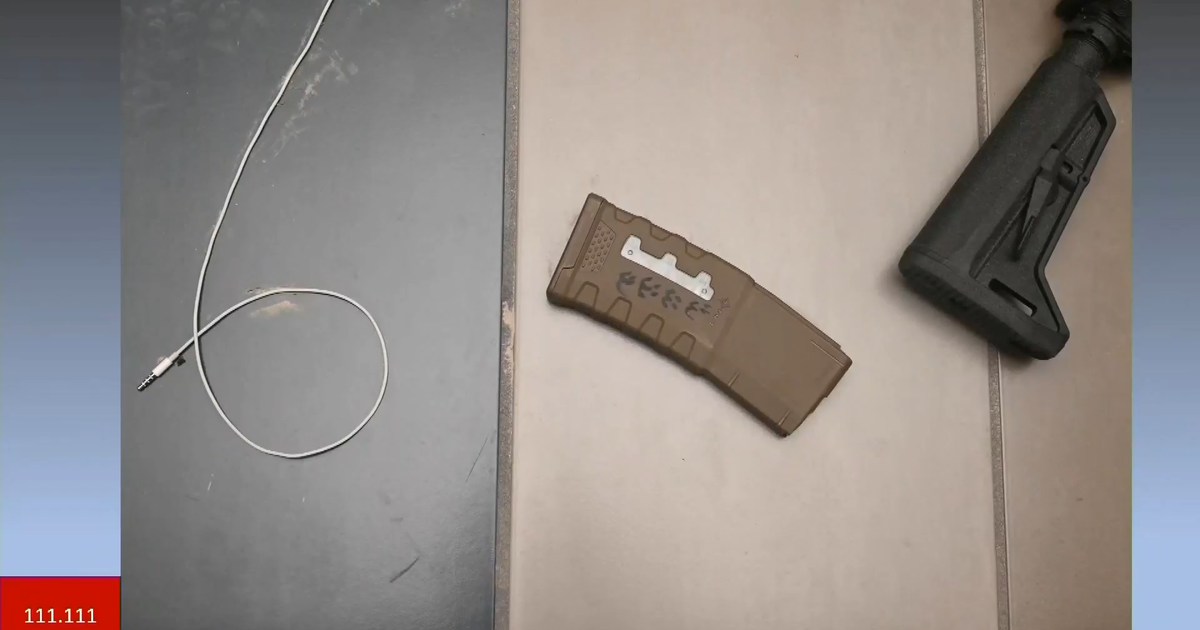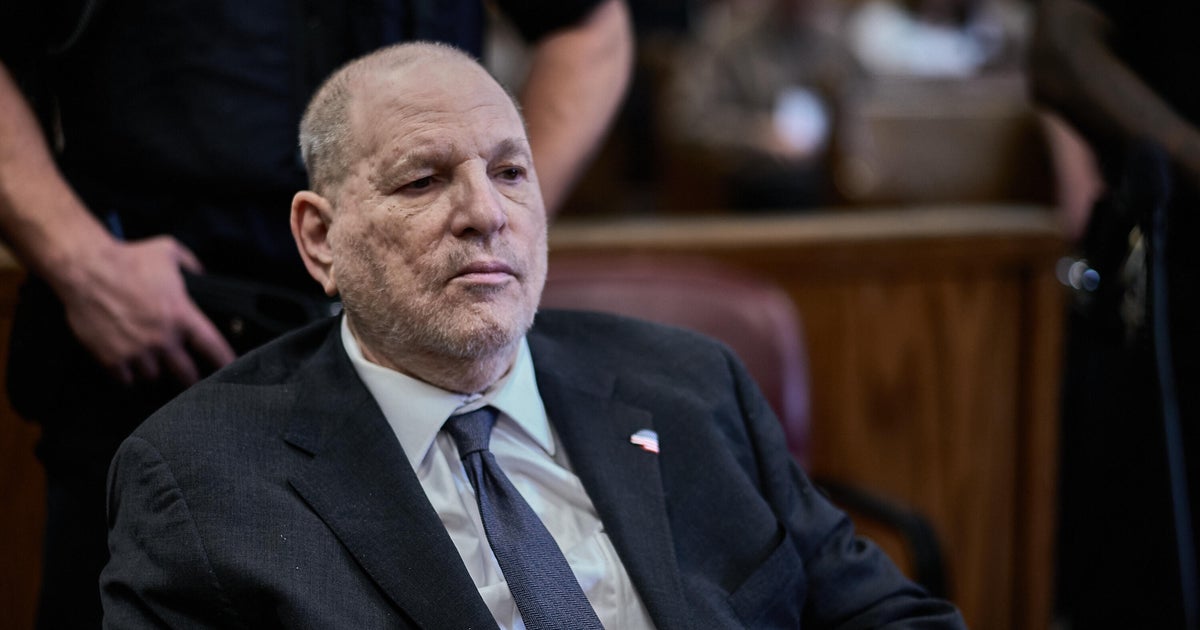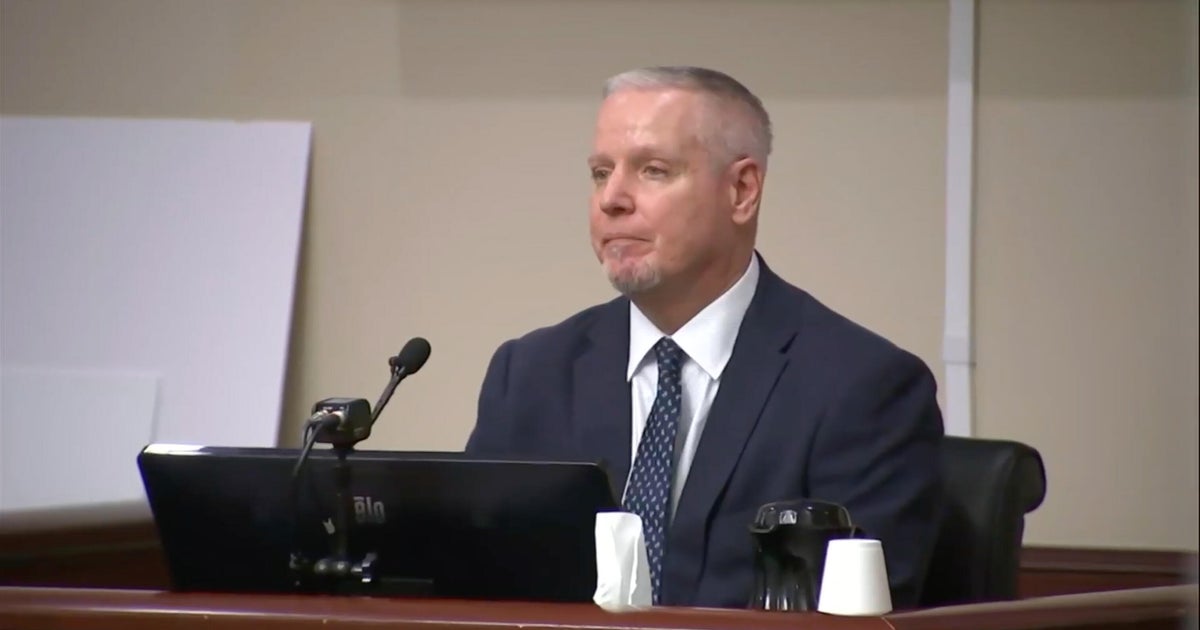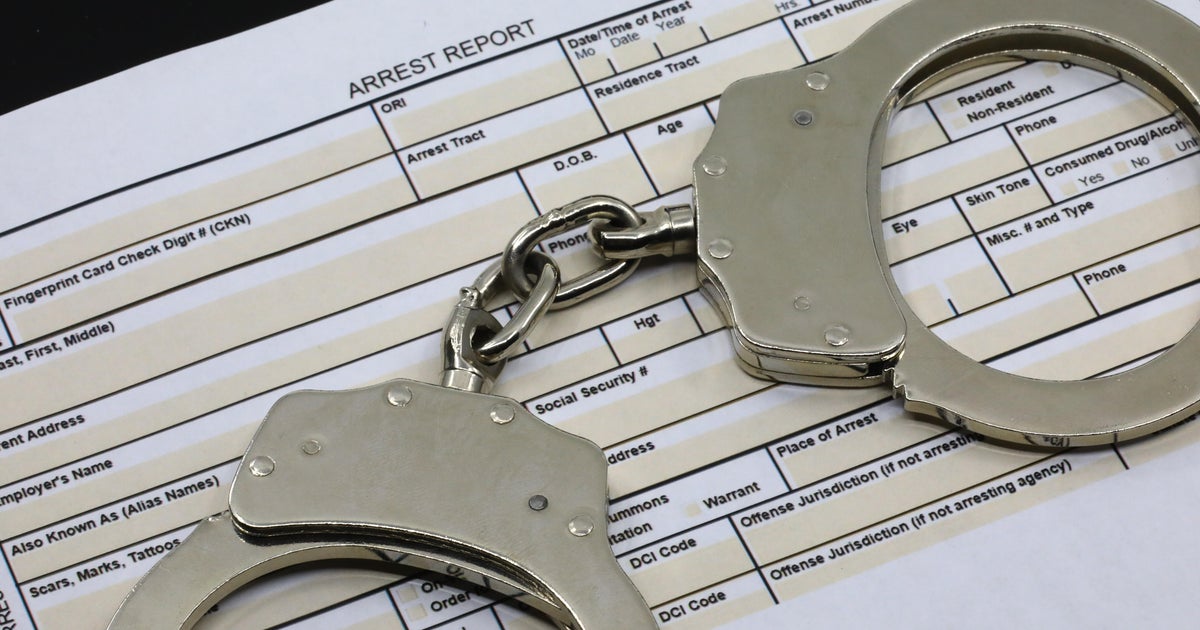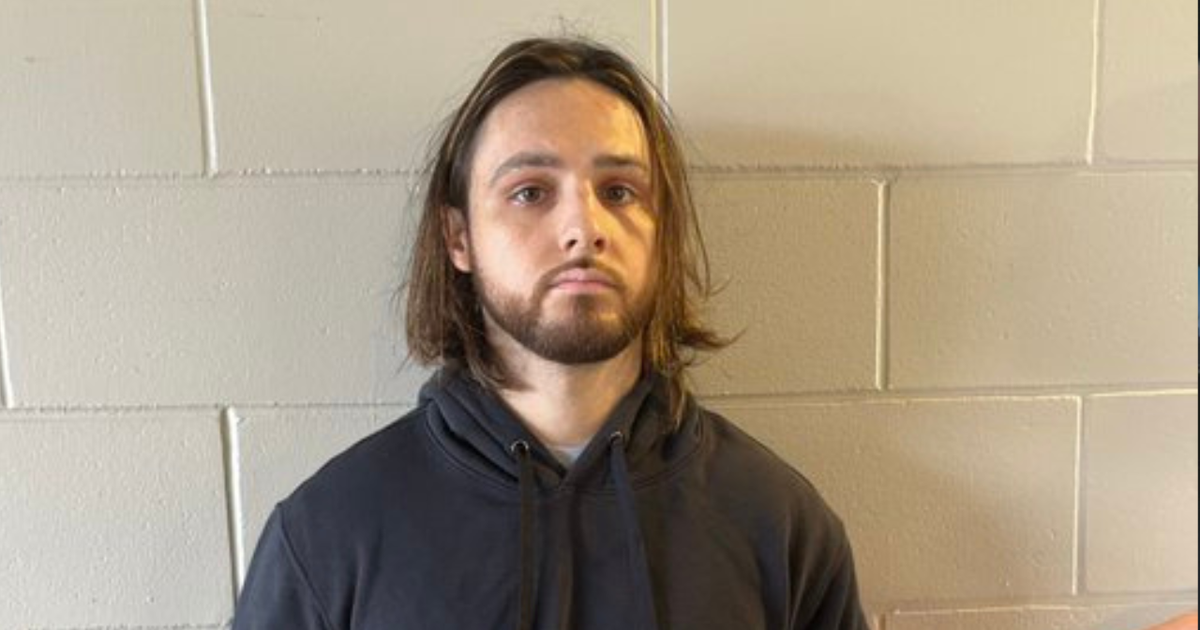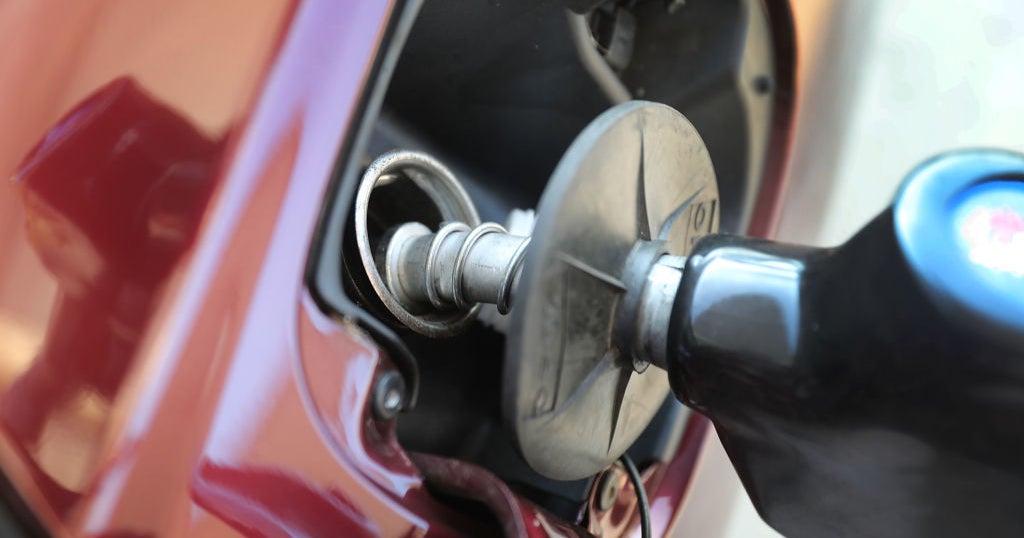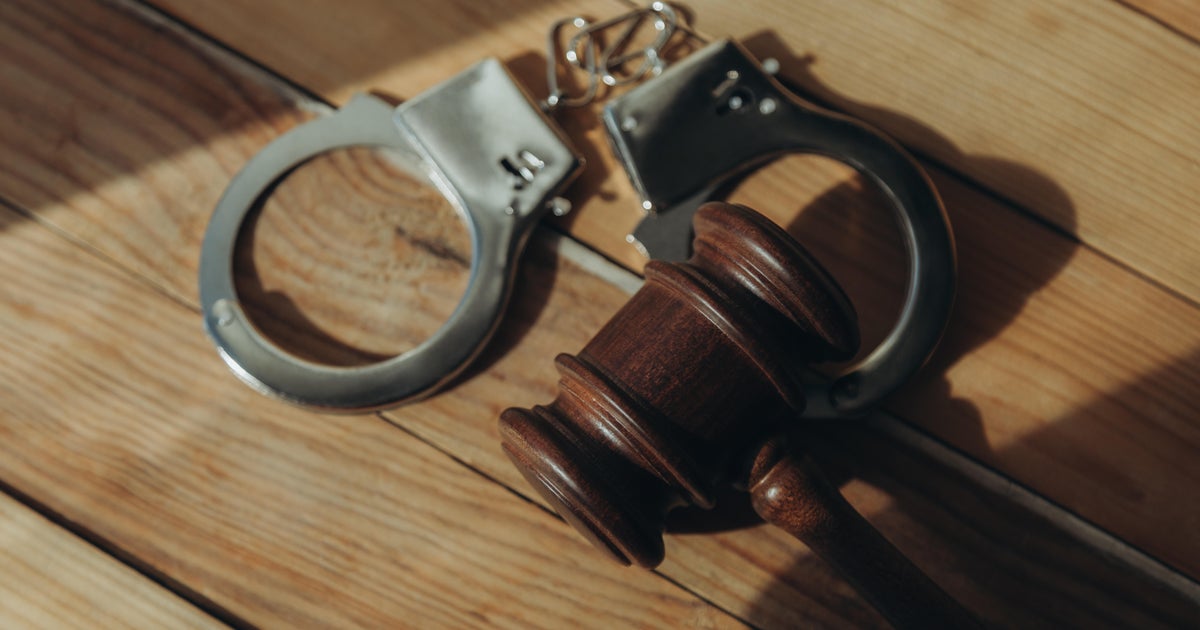Experts Say Clemens Likely To Go On Trial Again
NEW YORK (AP) -- Baseball star Roger Clemens' battle against perjury charges likely is far from over and probably will be the subject of a second trial, according to many legal experts.
Clemens would have to convince the judge that prosecutors intentionally provoked him into asking for a mistrial by showing jurors evidence that had been ruled inadmissible because the government suspected it was losing, the experts said.
But the experts point out that there's no indication prosecutors would have wanted to start their case over so soon after it started because they only had spent a few hours presenting evidence to the jury.
Still, U.S. District Judge Reggie Walton is considering the possibility that putting Clemens on trial again would subject him to double jeopardy.
Walton, who declared a mistrial on July 14, has ordered both sides to submit their arguments in writing and has scheduled a Sept. 2 hearing.
Attorneys and scholars who have reviewed case transcripts provided by The Associated Press say a second trial seems likely under rules established by the Supreme Court.
"It is one thing when something like this happens three weeks into a month-long trial where the defense has poked big holes in the government's case and effectively crossed main witnesses,'' said Andrew Wise, a white-collar attorney with the Washington firm Miller & Chevalier. "But when you are on day two of a month-long trial, it is harder to argue that the government was throwing in the towel and goading the defense into seeking a mistrial so they could have a fresh start.''
Protection against double jeopardy is guaranteed by the Fifth Amendment of the Constitution, which says in part, "nor shall any person be subject for the same offense to be twice put in jeopardy of life or limb.''
The Supreme Court has ruled that a defendant is considered to be in jeopardy once a jury is sworn in, so Clemens had been in jeopardy for just over one day. But the question is whether the jeopardy ended with Walton's declaration of a mistrial.
At least one prominent expert disagrees with the chorus of his colleagues who are predicting a second trial. Harvard law professor Alan Dershowitz said there's no innocent explanation for why prosecutors put inadmissible evidence in front of the jury.
"The government constantly does this because they think they can get away with it,'' Dershowitz said. "When you are preparing a case for so long, you don't make errors like this. I have a high level of confidence that a good lawyer could keep this case from being retried.''
The sudden ending to Clemens' trial came when prosecutors showed jurors a video of Clemens' 2008 testimony before Congress in which the he denied ever using performance-enhancing drugs during his 24-season career. Clemens is charged with lying under oath when he made that denial.
In the video, Rep. Elijah Cummings, D-Mid., points out that Clemens' good friend and teammate, Andy Pettitte, says Clemens admitted using human growth hormone in a private conversation in 1999 or 2000. Clemens responds that Pettitte "misheard'' or "misremembered'' their conversation. But Cummings says Pettitte's wife, Laura, has given lawmakers an affidavit saying that her husband told her about the conversation with Clemens at the time it happened.
Walton had ruled before the trial began that Laura Pettitte's comments were inadmissible hearsay because she didn't speak to Clemens directly. When jurors began to hear about Laura Pettitte's statement, Walton quickly cut off the tape and angrily told prosecutors they were clearly violating his order. He also criticized the Clemens team for not rising to object.
Prosecutors did not say whether airing Laura Pettitte's affidavit was a mistake. But assistant U.S. Attorney Steven Durham told Walton, "There was no intention to run afoul of any court ruling, Your Honor.''
At first, Clemens' attorney Rusty Hardin suggested the problem could be fixed by telling jurors to disregard the reference to Laura Pettitte. But Walton, perhaps trying to encourage the Clemens team to go further, took an 11-minute recess so they could "think about how you want to proceed.'' Upon Walton's return to the bench, Hardin asked for a mistrial.
University of Iowa law professor Jim Tomkovicz said that a second trial generally is forbidden by the Fifth Amendment when a mistrial is neither requested nor consented to by the defense. But he said that when a mistrial is requested by or consented to by the accused, the general rule is that the guarantee against double jeopardy does not prevent another trial, with one "very, very tiny exception.''
"According to the Supreme Court, for double jeopardy to bar the second trial it must be proven, and the judge must find, that the prosecution did whatever it did with the intent to provoke a mistrial request by the defense,'' Tomkovicz said. "In that case, and only in that case, the law views the situation as if the government deprived the defendant of the right to this particular jury and the right to suffer the ordeal of trial only once. No other improper prosecutorial intent or bad faith will bar retrial following a defense-requested mistrial.''
Tomkovicz said that from the record in the transcripts, it appears that Clemens faces an uphill battle in trying to show that the prosecutors acted with the intent required to trigger double-jeopardy protection and he's surprised Walton has raised the possibility of it.
At one point, Walton may have been suggesting the prosecutors were purposefully trying to get Laura Pettitte's statement to the jury despite his order.
"Government counsel doesn't do just what government counsel can get away with doing,'' Walton scolded. "And I think a first-year law student would know that you can't bolster the credibility of one witness or a witness with clearly inadmissible statements.''
But more often Walton seemed to indicate that he thought the mention of Laura Pettitte's statement could have been an error resulting from prosecutors not being careful enough to make sure their exhibits were in line with his ruling, made just the day before trial started. He said the prosecutors "should have been more cautious'' and "taken steps to ensure that we were not in this situation.''
"It was the government's obligation, once I made my ruling, to go back, look at its evidence and make sure that the information that it would be presenting to this jury did not violate a clear ruling that this court had made,'' Walton said.
Later, he told jurors he was dismissing them because "the government did not take the effort that it should have taken to alter its evidence to comply with the ruling that I made.''
Wise, the white-collar defense attorney, recently represented a defendant in the Jack Abramoff lobbying scandal in the same federal courthouse through a mistrial because of a hung jury and a second prosecution. He said the transcript suggests the judge didn't see a deliberate attempt for a mistrial.
"The judge's comments suggest frustration with what he saw as sloppy mistakes by experienced prosecutors, but not purposeful efforts to evade the court's rulings,'' Wise said. "My guess is that if Judge Walton thought the government was intentionally trying to pull one over on the court, you would have heard even more pointed comments.''
Amid the debate in the legal community, one prominent lawyer isn't willing to voice an opinion about what Walton ultimately will decide. "I wouldn't even hazard a guess,'' Hardin said as he left the courthouse after the mistrial with his client Clemens by his side.
(Copyright 2011 by The Associated Press. All Rights Reserved.)
